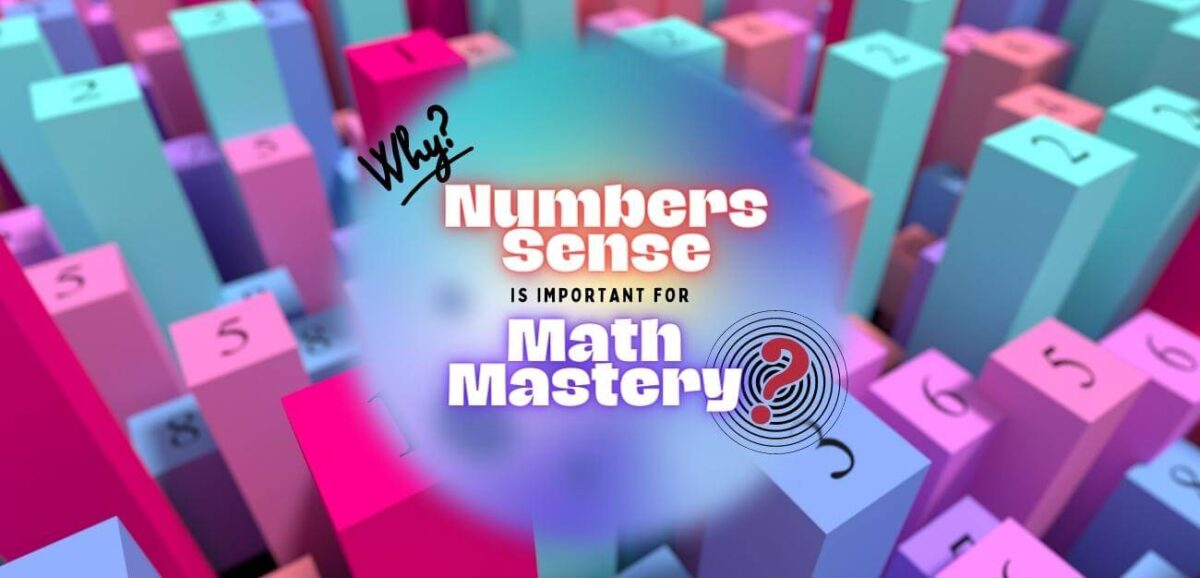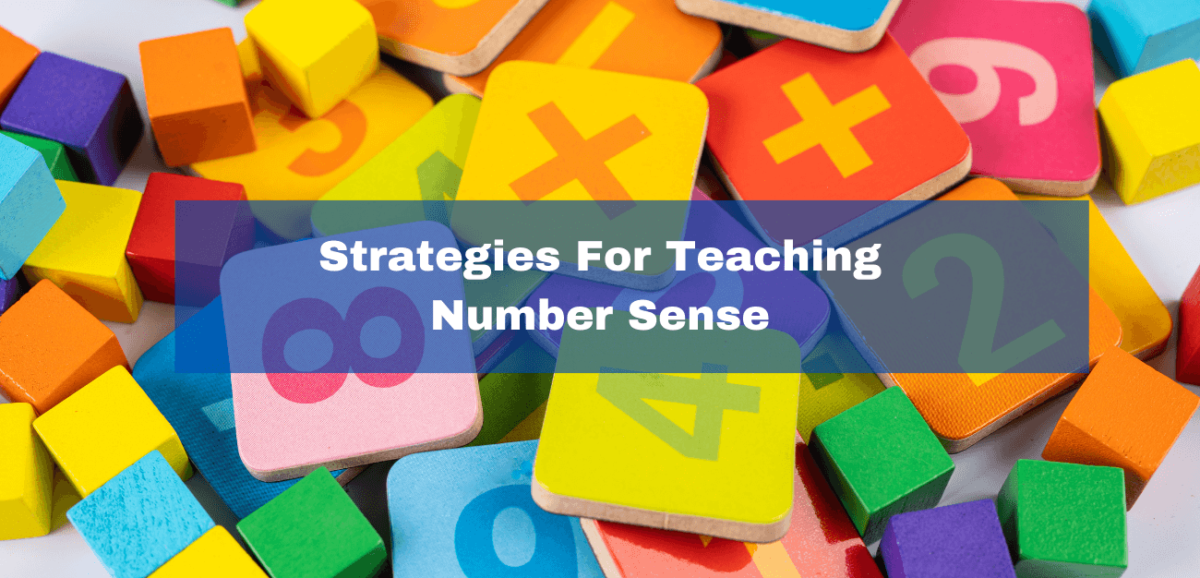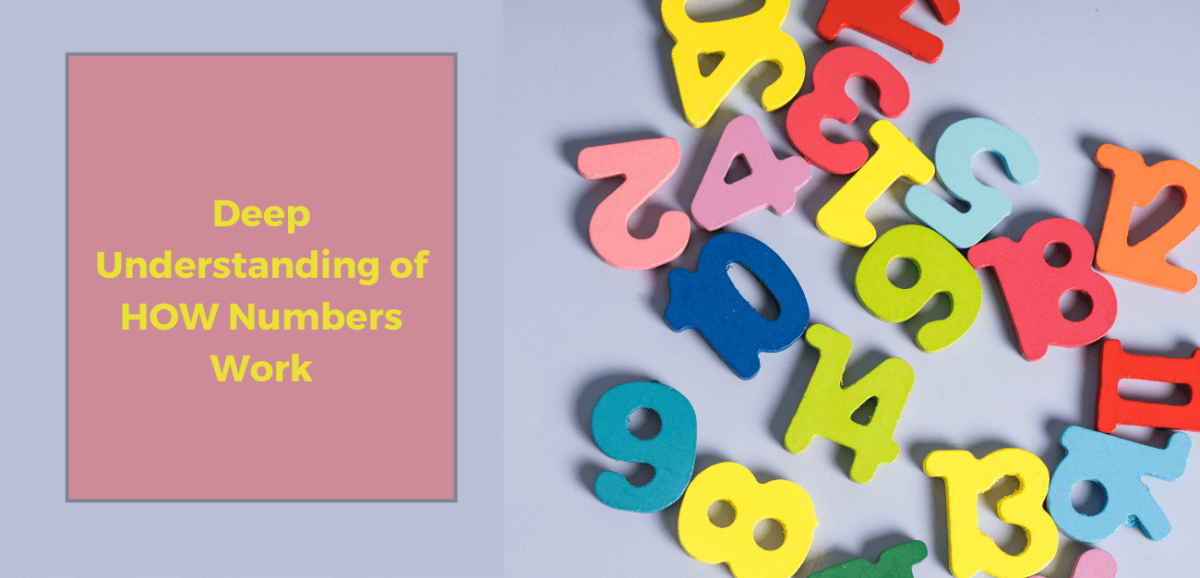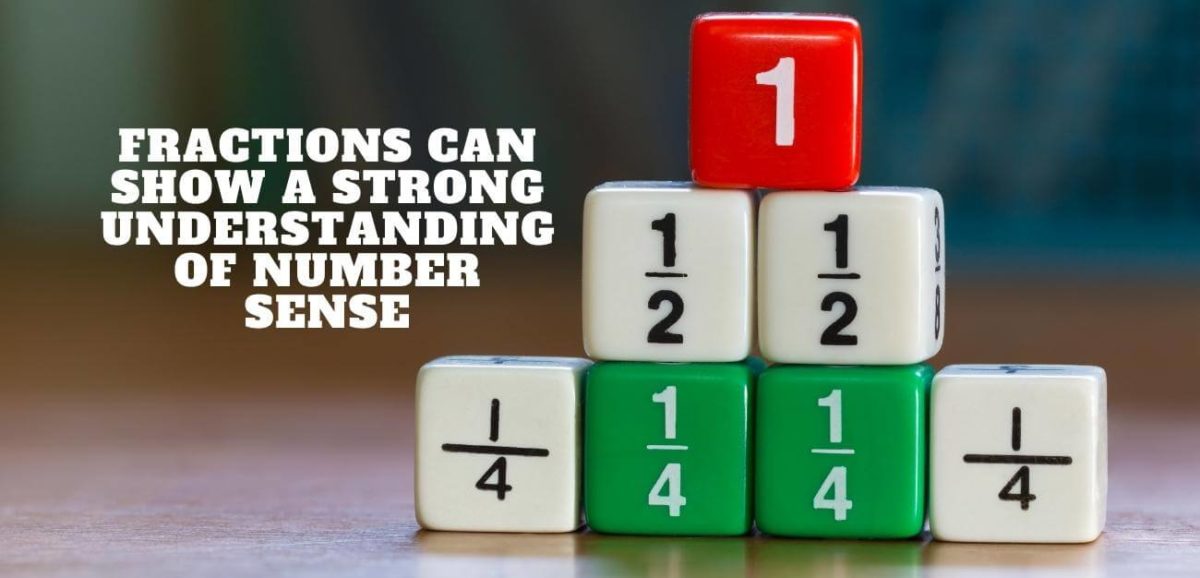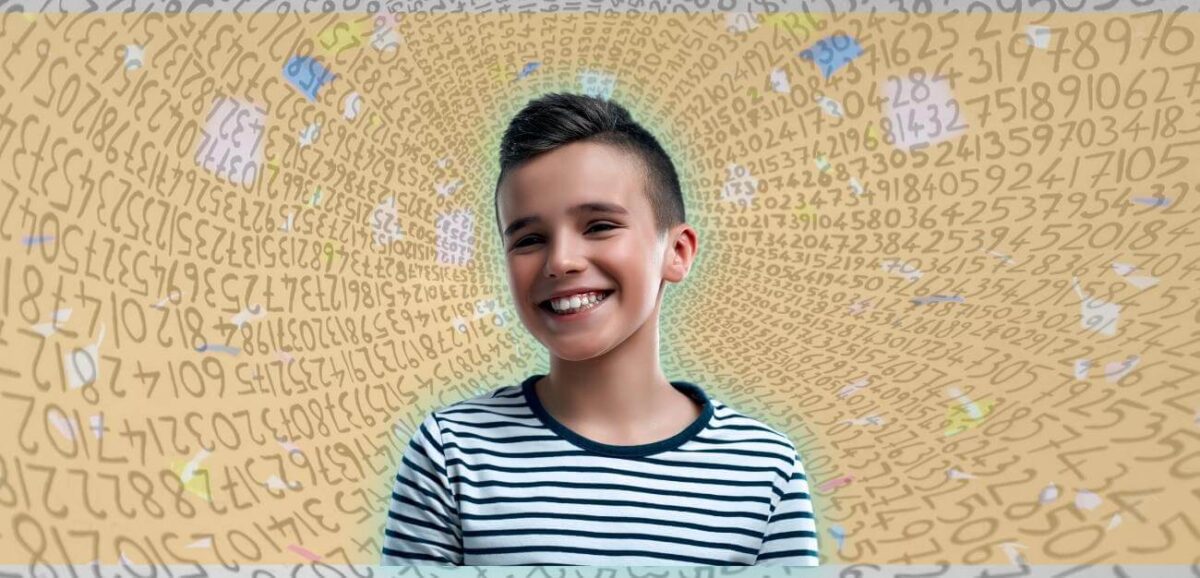Mathematics is an essential part of our lives, and it plays a crucial role in almost everything we do, from calculating the number of calories in our meals to managing complex financial transactions. It has proven to be an essential skill in the workforce, with many jobs requiring a solid foundation in mathematics. Thus, the […]
